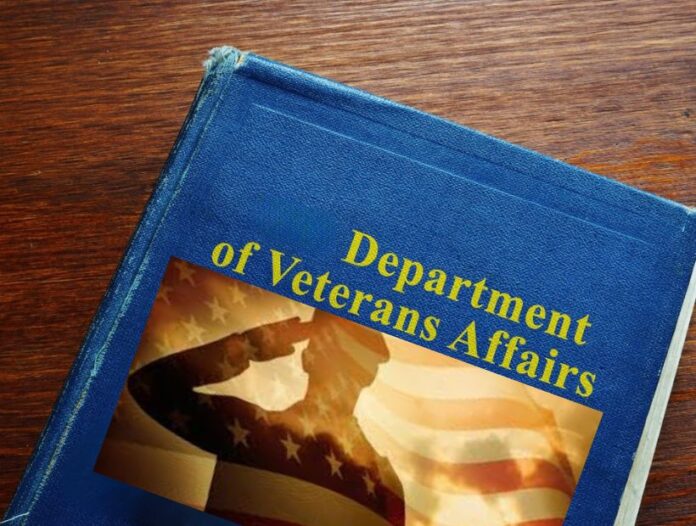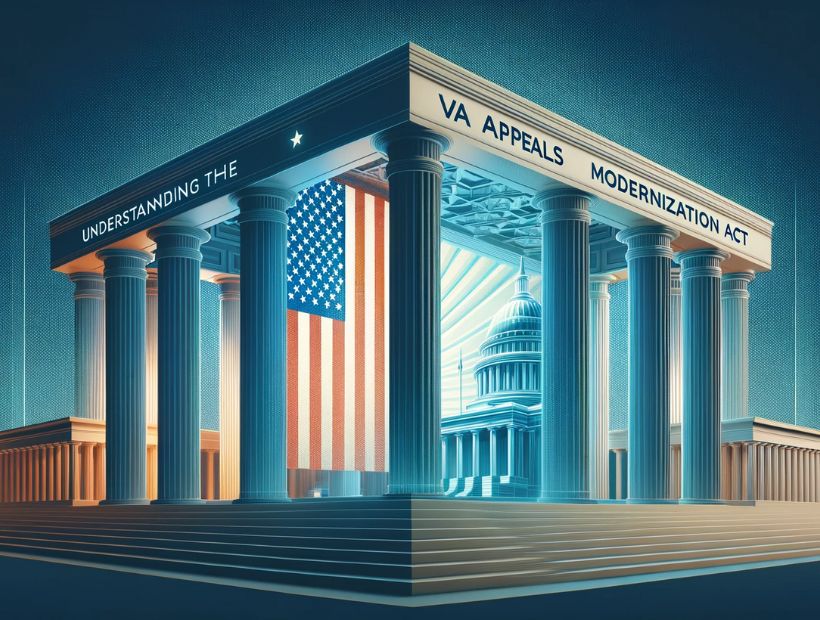
Key Takeaways:
- A thorough understanding of the VA appeals process
- Insight into the intricacies of the Appeals Modernization Act (AMA)
- Expert advice on evidence submission and legal representation
- Strategies for navigating the appeals process and managing associated stress
Overview of VA Appeals

The journey to receive the benefits earned through military service is a right that veterans hold dearly. However, when the Department of Veterans Affairs (VA) issues a decision that does not align with a veteran’s understanding of their service-connected disabilities, the right to appeal such a decision is both a valuable and necessary recourse.
As veterans consider appealing a VA decision, they should know that this process is legal and may require meticulous documentation and, occasionally, representation. An appeal necessitates a detailed unveiling of procedural and substantive law regarding VA benefits.
Statistics indicate that thousands of veterans are embroiled in the appeals process yearly, spotlighting the necessity for clarity and guidance in navigating this complex terrain.
Initial Steps in Filing an Appeal
Embarking on an appeal begins with a comprehensive review of the original decision. Veterans should identify and understand the reasons for the VVA’s decision to properly assess the basis for their disagreement.
Dissecting the rationale for specific points can ground an appeal in concrete terms, potentially increasing its viability. Compiling a robust evidentiary record is the next crucial step. This phase involves additional medical records, expert opinions, and other supporting documentation that may substantiate the claim.
Once ready, filing a Notice of Disagreement (NOD) is pivotal as it officially signifies one’s intention to challenge the decision, catalyzing the appeals process within the administration’s legal framework.
The Appeals Modernization Act (AMA)

In 2017, the VA made significant strides to improve and expedite the appeals process by introducing the Appeals Modernization Act (AMA). Long-awaited changes to allow veterans more VA choices and quicker resolution of their complaints with the VA were brought about by this law.
Administration to select from three distinct lanes for review: Higher-Level review by a more experienced adjudicator, a supplemental claim lane that allows for the submission of new and relevant evidence, and lastly, the option of taking their claims directly to the Board of Veterans’ Appeals.
These pathways were created to disentangle the previously convoluted process, empowering veterans with broader options and more straightforward structures to resolve their disagreements with the VA more efficiently.
Navigating the Evidence Submission
Mastering the art of evidence submission is a vital aspect of the appeals process. Veterans must understand to submit new evidence, which can dramatically affect the appeal outcome. It could range from newly diagnosed conditions linked to military service to additional testimonies corroborating a service-related injury.
Such evidence must be submitted in compliance with VA regulations to ensure that the department’s duty to assist in evidence collection is effectively activated. Proper documentation and presentation of evidence are not just a requisite for a strong appeal but are also strategic measures to leverage the VA’s resources in the claimant’s favor.
The Decision Review Officer (DRO) Process

Opting for a Decision Review Officer (DRO) review can be done within the process. The DRO is a VA employee authorized to take a fresh look at the original decision and potentially reverse it if new findings warrant such an action. This route offers the advantage of a claimant solution, bypassing the lengthy board process.
However, there are trade-offs: Choosing to appeal through a DRO can sometimes limit subsequent appeal opportunities if unsuccessful. As a result, wise choices should be taken after speaking with a legal expert who is familiar with the subtleties of the intricate evaluation process.
Legal Assistance and Representation
Securing experienced legal representation may significantly influence the trajectory and outcome of a VA appeal. Attorneys specializing in VA law understand the system’s intricacies and appreciate the nexus of evidence, law, and pertinent arguments that carry weight within the appeals process.
Representation by a VA-certified attorney or a Veterans Service Organization representative can help veterans effectively navigate the appeals labyrinth, ensuring that all avenues for recourse are exhausted and that they receive the full spectrum of benefits they are justified in obtaining.








